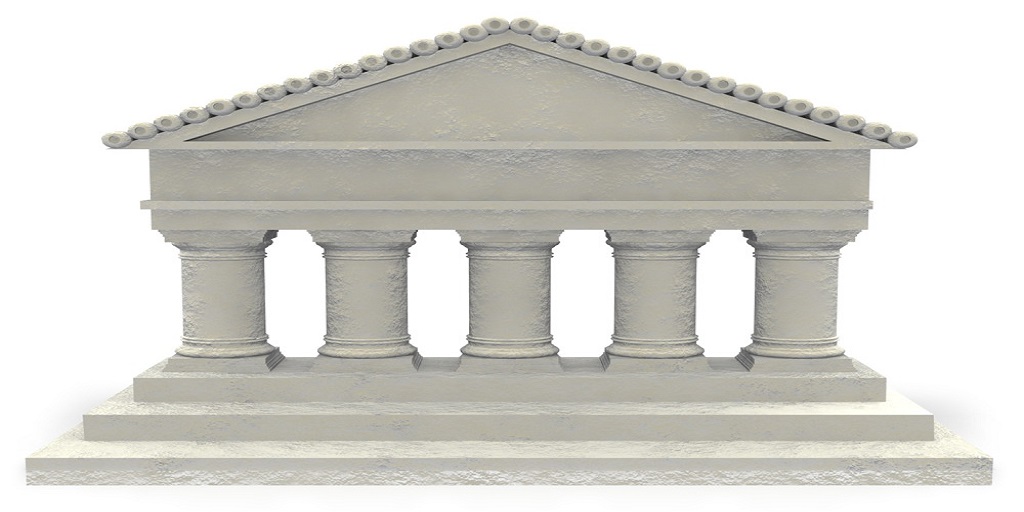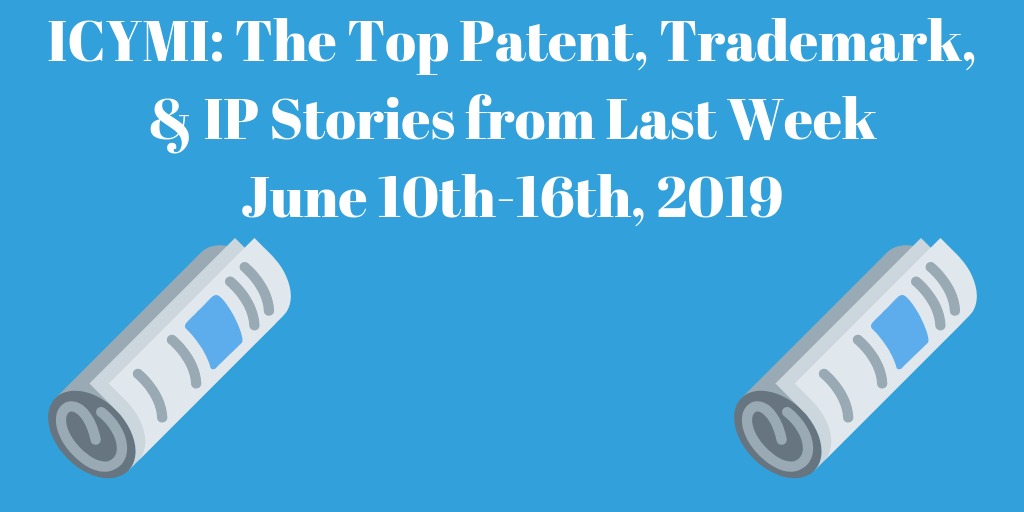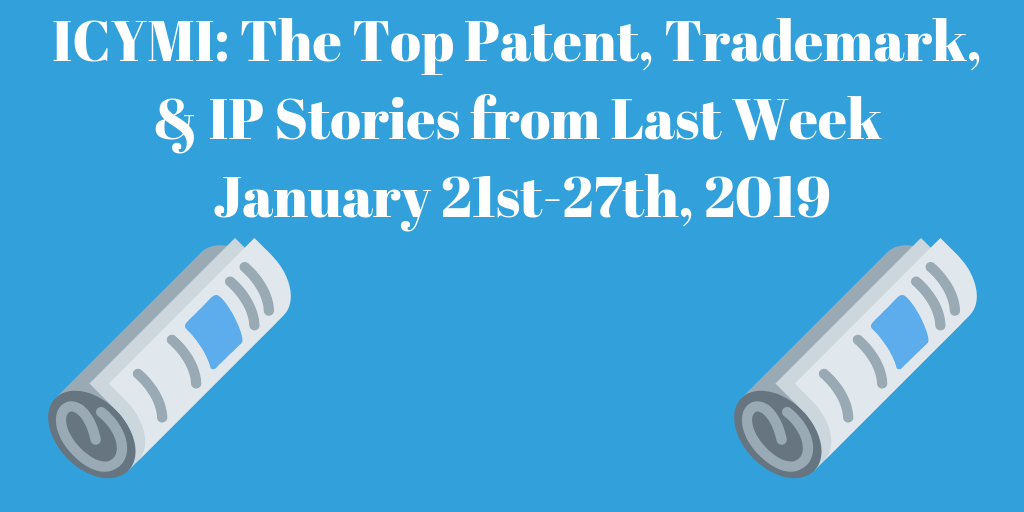Patent Reform: House Passes America Invents Act
On June 23, 2011, the House of Representatives overwhelmingly voted 304-117 to pass H.R. 1249, 
“Today’s vote is a victory for America’s innovators and job creators who rely on our patent system to develop new products and grow their businesses. The America Invents Act is the most significant jobs creation bill passed by Congress this year. No longer will American inventors be forced to protect the technologies of today with the tools of the past. H.R. 1249 brings our patent system into the 21st century, reducing frivolous litigation while creating a faster and more efficient process for the approval of patents.
Much-needed reforms to our patent system are long overdue. The last major patent reform was nearly 60 years ago. Some of the changes the America Invents Act proposes:
-
- a first-inventor-to-file standard for patent approval,
-
- patent office keeps all the fees it generates,
-
- creates a post-grant review system to weed out bad patents, and
- helps the Patent and Trademark Office (PTO) address the backlog of patent applications.
The House of Representatives bill diverges from the Senate version of patent reform, so the bill will not go to the desk of President Obama just yet. Now the Senate will be asked to agree with the changes made by the House of Representatives, will this game of tag never end? It’s amazing that any complex bill ever makes it into law. That’s probably why this bill has been hanging around for what seems like forever.
I guess the big question is whether or not Senator Patrick Leahy (D-VT) and Congressman Lamar Smith (R-TX), the respective champions of the bills in the Senate and House will compromise on language that can pass both the House and the Senate.
There are so many divergent opinions and interest groups pushing for one side or the other it seems unlikely that it will happen anytime soon.
Upon passage of the America Invents Act in the House of Representatives David Kappos, Under Secretary of Commerce for Intellectual Property and the Director of the United States Patent and Trademark Office, issued the following statement:
We are encouraged by the statements of so many Members of Congress calling for the USPTO to have full access to all of its fee collections. We are particularly thankful to Chairman Rogers for his commitment to ensure that the USPTO has full access to its fees when fee collections exceed Congress’ annual appropriation for USPTO. Full funding of the USPTO is necessary for the USPTO to successfully implement this legislation and to more effectively perform its core mission.
We are hopeful that this critical legislation can move expeditiously toward final passage and enactment.
One major difference between the House and Senate bills is how they open the door to the overburdened patent office keeping all the fees it generates. All sides agree the office needs help given it faces a backlog of at least 700,000 applications and it takes on average three years to grant a patent.
The director certainly wishes the bill becomes law so that the USPTO can have full access to the mountain of money it collects for filing fees. Certainly if they could use that money to hire more examiners the backlog could be reduced. It’s almost like the national debt! Even with reform is it possible they can ever reduce it to a manageable number?
There are more than 6000 patent examiners trying to stick their fingers in the holes of the dam. If the USPTO could hire many more examiners perhaps the backlog could be reduced to a reasonable number. What if patent applicants did not have to wait three years for approval? I guess the question is “if inventors didn’t have to wait so long for their patents to be granted would that alone increase productivity, jobs and efficiency in society?” Can it be accomplished through patent reform?




